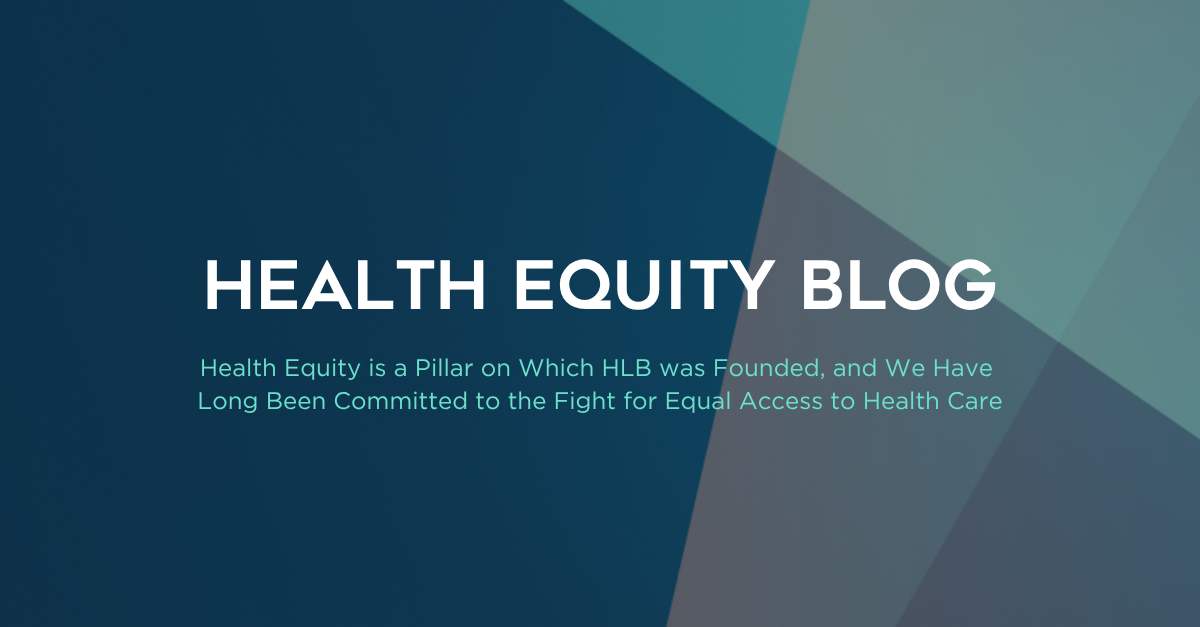
On behalf of the Hooper, Lundy & Bookman, P.C. Health Equity Task Force, here is our most recent HLB Health Equity Essentials Update.
CMS MAKES SIGNIFICANT STRIDES IN IMPROVING HEALTH OF RTGI COMMUNITIES
Nearly two years since releasing its Framework for Advancing Health Care in Rural, Tribal, and Geographically Isolated (RTGI) Communities, the Centers for Medicare & Medicaid Services (CMS) issued its FY2024 Year in Review, which describes progress made to address the unique needs of RTGI Communities, including increased investments for organizations critical to helping RTGI community members find and enroll in affordable health coverage through the Marketplace. In addition, CMS has streamlined the prior authorization process for Medicare Advantage, Medicaid, and CHIP, which are all vital to meeting these RTGI community needs. CMS also began implementing a policy that enables certain Indian Health Service (IHS) and Tribal facilities to convert to Rural Emergency Hospitals, as well as released tailored resources for American Indians and Alaska Natives to help make health care coverage more accessible.
CALIFORNIA ONE OF SEVERAL STATES CMS APPROVED FOR MEDICAID TO COVER TRADITIONAL HEALTH CARE PRACTICES
On October 16, the Centers for Medicare & Medicaid Services (CMS) approved 1115 demonstrations for Arizona, California, New Mexico, and Oregon expanding their Medicaid and CHIP covered services to include traditional health care practices provided by Indian Health Services facilities, Tribal facilities, and urban Indian organizations. Recognizing the importance of traditional health care practices to American Indian and Alaska Native (AI/AN) populations, CMS hopes this policy effort will improve access to culturally appropriate and quality health care in Tribal communities. AI/AN populations experience significantly worse health disparities compared to the general population, including higher rates of diabetes, obesity, cancer, substance use disorder (SUD) and other mental illnesses. Studies have shown that traditional health care practices, including traditional healers and natural helpers, can improve the health outcomes for individuals facing these challenges. In particular, recognizing the fact that Native American populations are disproportionately affected by the opioid epidemic, Medi-Cal has announced that it will place a particular emphasis on traditional health care practices that have proven successful in treating SUD.
CMS’S MEDICARE PHYSICIAN FEE SCHEDULE (MPFS) FOR 2025 INCLUDES AN ARRAY OF CHANGES THAT BENEFIT THE UNDERSERVED
The Centers for Medicare & Medicaid Services (CMS) issued its final MPFS rule for CY2025 (to appear in Federal Register on Dec. 9). The new fee schedule is indicative of a broader federal government strategy to create a more equitable health care system that results in better accessibility, quality, and affordability for all Medicare beneficiaries, including those individuals most marginalized historically. For instance, with regard to opioid treatment programs (OTPs), while state law still applies, CMS is allowing telecommunication flexibilities that will promote access to care for populations that often face barriers to entering and participating in treatment and allow OTPs and their patients to mutually agree on the best modality for receiving care. The 2025 MPFS also finalizes a continued policy to delay the in-person visit requirement for mental health services furnished via communication technology by rural health clinics (RHCs) and federally qualified health centers (FQHCs) to beneficiaries in their homes until 2026, which is a critical win for patients in rural and other underserved communities who vitally need access to such services.
CMS 2025 OUTPATIENT PROSPECTIVE PAYMENT SYSTEM (OPPS) AND AMBULATORY SURGICAL CENTER (ASC) PAYMENT SYSTEM FINAL RULE ADVANCES HEALTH EQUITY POLICIES
The Centers for Medicare & Medicaid Services (CMS) OPPS and ASC Final Rule was published in the Federal Register on November 27. In addition to customary payment rate updates, the 2025 final rule also addresses key Biden-Harris Administration policy objectives, including reducing health disparities, broadening access to behavioral health care, and responding to the maternal health crisis. In addition, the final rule reflects experience CMS gained from the COVID-19 pandemic that will also help eradicate persistent health inequities.
If you have any questions, please reach out to Alicia Macklin, Sandi Krul, Monica Massaro, Kerry Sakimoto, or your regular HLB contact.



